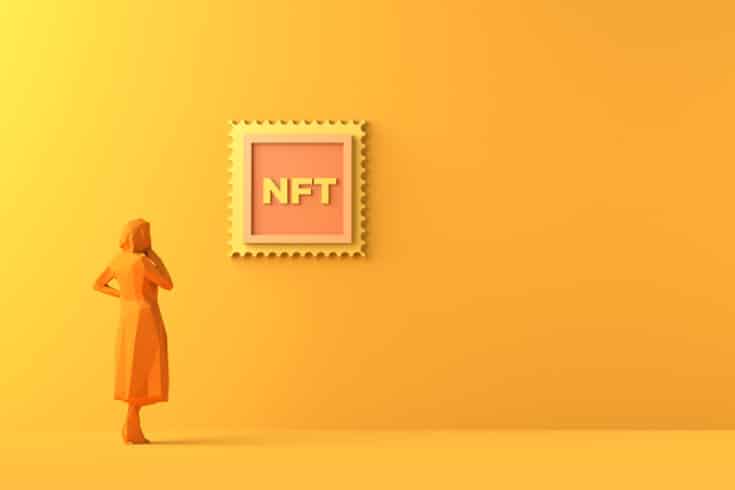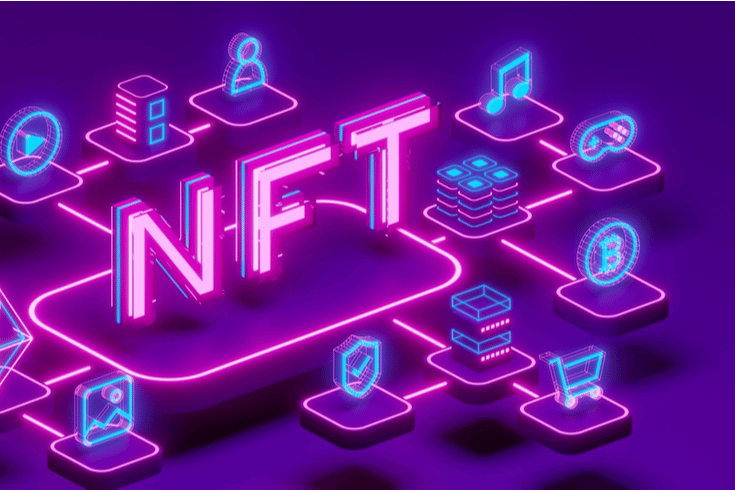Two Legal Issues of Crypto Assets Lending

In addition to trading crypto assets, it is also possible to generate profits by lending them out.
In this article, we will introduce an overview of crypto-asset lending along with the applicable laws and regulations. This will help businesses contemplating to offer a crypto-asset lending service to understand the legal framework surrounding it.
Crypto Asset Lending

In the world of cryptocurrency, crypto-asset lending is a process where a borrower pays a fee to the crypto-asset holder to borrow the asset for a specified duration.
The practice of lending cryptocurrency is commonly referred to as “credit crypto assets”. Essentially, it involves lending out cryptocurrency and receiving rental fees in return.
To earn a profit through trading crypto assets, it is essential to monitor their price movements closely and sell at the optimal time. Failing to do so and selling when the value of your crypto assets has decreased may result in financial loss.
In the case of cryptocurrency lending, the decrease in cryptocurrency value may have some impact. However, one can earn a usage fee for lending the cryptocurrency, which can lead to a stable profit. Additionally, it is possible for the value of the crypto assets that have previously lost value to recover while lending the crypto assets.
Hence, while it may be challenging to attain substantial profits, cryptocurrency lending can be deemed as a means to earn steady returns with relatively minimal exertion.
Examples of Crypto Asset Lending Services in Japan
In Japan, there are several cryptocurrency exchanges that provide lending services. As of the date of this article (November 2022), the following cryptocurrency exchanges offer lending services.
- LINE BITMAX
- GMO coin
- coin check
- BIT Point
Please note that the type of cryptocurrency handled, the minimum transaction amount, and fees vary depending on the cryptocurrency exchange.
FUELHASH, a Bitcoin mining company, has made an announcement regarding its plans to launch a crypto trading business aimed at individual investors in Japan. The company has revealed that it will collaborate with a business operator that has been granted a “Capital Market Service License” by the Monetary Authority of Singapore to carry out this venture.
Two Issues in Cryptocurrency Lending

When considering laws and regulations pertaining to crypto asset lending, two key issues arise: firstly, whether this activity is classified as a crypto asset exchange business, and secondly, whether it is classified as a money lending business.
Hence, we shall elaborate on the qualification criteria for crypto asset lending in relation to crypto asset exchange and money lending businesses.
Lending to Crypto Asset Exchange Business
According to the Payment Services Act of Japan, Article 2, Paragraph 7, the crypto asset exchange business is legally defined.
The term “crypto-asset exchange services” as used in this Act means carrying out any of the following acts in the course of trade, the term “exchange of crypto-assets, etc.” as used in this Act means the acts set forth in items 1 and 2, and the term “management of crypto-assets” as used in this Act means the act set forth in item 4:
1. purchase and sale of a crypto-asset or exchange with another crypto-asset;
2. intermediary, brokerage or agency services for the act set forth in the preceding item;
3. management of users’ money, carried out by persons in connection with their acts set forth in the preceding two items; and
4. management of crypto-assets on behalf of another person (excluding cases where the relevant management in the course of trade is governed by special provisions of other Acts).
To be classified as a crypto asset exchange business, crypto asset lending must fulfill the aforementioned criteria. Once these criteria are verified, it is determined that crypto asset lending does not satisfy any of the requirements and therefore does not qualify as a crypto asset exchange business.
If it is determined that you are effectively managing other individuals’ crypto assets in the process of lending crypto assets, you will be prohibited from “managing crypto assets for others” under Article 2, Paragraph 7, Item 4 of the Payment Services Act of Japan.
It is important to exercise caution when engaging in cryptocurrency lending activities to avoid being deemed to be managing someone else’s cryptocurrency.
Applicability of Loans to Money Lenders
According to Article 2, Paragraph 1 of Japan’s Money Lending Business Law, the regulations for operating a money lending business are outlined.
(definition)
Article 2. The term “the Money Lending Business” as used in this Act means the business of loaning money or acting as an intermediary for the lending or borrowing of money (including acting as an intermediary for delivering money through discounts of negotiable instruments, mortgage by sale, or any other method similar thereto, or for providing or receiving money through the method; hereinafter collectively referred to as a “Loan(s)”) on a regular basis; provided, however, the followings are excluded:
1. loans made by the State or by local public entities;
2. loans made by persons governed by special provisions of other Acts for making Loans on a regular basis;
3. loans made by persons engaged in the business of buying and selling, transporting, or storing goods, or who act as intermediaries in the buying and selling of goods, in the course of their transactions;
4. loans made by employers to their workers; and
5. beyond what is listed in the preceding items, Loans made by persons specified by a Cabinet Order who make Loans that are found to be unlikely to harm the interests of Persons Seeking Funds, etc.
If cryptocurrency lending meets the criteria for money lending business, it will be subject to regulations as such.
The matter at hand pertains to the legal treatment of crypto assets in Japan.
According to Article 2, Paragraph 5 of the Payment Services Act in Japan, the definition of crypto assets is specified.
5. The term “crypto-assets” as used in this Act means any of the following; provided, however, that those indicating electronically recorded transferable rights prescribed in Article 2, paragraph (3) of the Financial Instruments and Exchange Act (Act No. 25 of 1948) are excluded:
1. property value (limited to that which is recorded on an electronic device or any other object by electronic means, and excluding the Japanese currency, foreign currencies, and currency-denominated assets; the same applies in the following item) which can be used in relation to unspecified persons for the purpose of paying consideration for the purchase or leasing of goods or the receipt of provision of services and can also be purchased from and sold to unspecified persons acting as counterparties, and which can be transferred by means of an electronic data processing system; and
2. property value which can be mutually exchanged with what is set forth in the preceding item with unspecified persons acting as counterparties, and which can be transferred by means of an electronic data processing system.
The Money Lending Business Act of Japan does not provide a definition for crypto-assets. The law specifically pertains to money lending, and does not include provisions for lending crypto-assets.
Under Japanese law, crypto assets are not classified as money. Therefore, the lending of crypto assets falls outside the scope of the Money Lending Business Act.
As per the existing money lending business law in Japan, crypto asset lending is not considered a part of the money lending business, and hence, is not subject to regulation under the same law.
Consulting a Lawyer for Crypto Asset Lending
In this article, we have provided an overview of crypto-asset lending and the laws and regulations that pertain to it. This information is intended for business operators who are considering engaging in crypto-asset lending.
It does not constitute a crypto asset exchange business to simply lend and borrow crypto assets. But, it may constitute a crypto asset exchange business if you have substantial control over another person’s crypto assets. On the other hand, lending crypto assets does not fall under the category of Money Lending Business.
For successful cryptocurrency lending, it is essential to have expertise in both legal regulations and cryptocurrencies. Therefore, we suggest seeking advice from a lawyer with specialized knowledge in this area before starting a cryptocurrency lending business.
Countermeasure Guidance from Our Office
Monolith Law Office is a law firm that boasts extensive expertise in both IT, particularly the internet, and law. Our firm offers comprehensive support for businesses involved in crypto assets and blockchain.
Category: IT





















